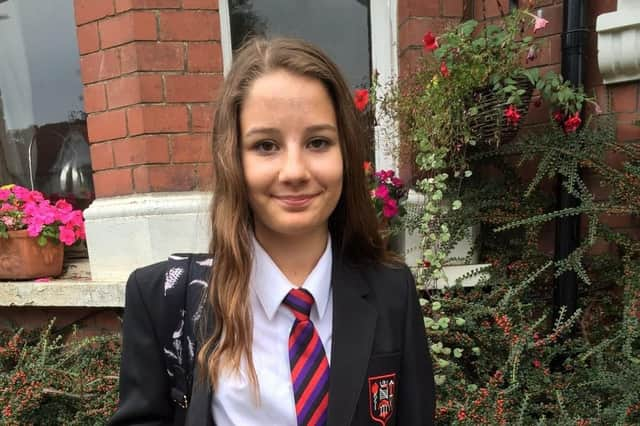Molly Russell's death amid rise of disturbing material on social media highlights lack of mental healthcare in UK – Laura Waddell


It’s a heart-wrenching story that has touched a nerve with many, and a watershed moment for online safety campaigners, many of whom predicted it would take deaths before anything was done to improve online welfare and enact legislation to force tech companies to be responsible for content moderation.
We’ve known, for some time, that social media causes harm. For as long as I’ve been on the internet, from before social media as we know it now, there has been disturbing content aimed at vulnerable people.
Advertisement
Hide AdAdvertisement
Hide AdBut it’s getting worse; the dangers are more insidious, subtler, harder to avoid. A plethora of statistics and studies are now regularly released showing that, for young people in particular, social media can be a serious factor in declining mental health, exacerbating depression, anxiety, poor self esteem and feelings of loneliness. And yet mass usage rumbles on.
Having had my own adverse experiences with social media, including abuse and threats, I eventually felt forced to cut it out of my life for the sake of my health.
I was already curious about taking the plunge, but while ditching Twitter did wonders for my peace of mind, it’s not without its downsides: I often feel adrift from a world that prioritises online connectivity.
However I’ve grown increasingly disturbed by how much of ourselves we filter through social media and other online channels, how much of our communication, sense of self, and view of the world is sifted through huge commercial entities whose primary interest is making shareholder profit, not maintaining a safe public square.
But there is another key factor here, beyond the specific harms of social media. A significant mental health crisis is plaguing the UK’s youth, with an underfunded NHS straining to meet the high demand for its services, particularly post-pandemic.
Mental illness is no longer as stigmatised as it once was, after successful awareness campaigns encouraging people to talk about it, but with such weak mental healthcare infrastructure in the UK, many are calling out for help and receiving no answer.
To get serious about tackling any issue remotely related to mental health, that void needs to be filled.
Comments
Want to join the conversation? Please or to comment on this article.

